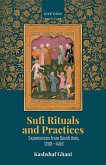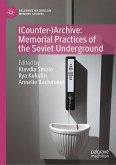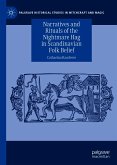The book is an in-depth study of the lesser-explored history of Sufi practices in South Asia. Covering the formative period of Sufism in this region, the work studies practices like 'sama' (listening to poetry and music) and 'zikr' (remembrance of God) through the careers of the earliest Sufi orders in the region, 'Chishti and Suhrawardi'. The book allows the reader critical insight into 'Sufi exercises', the meaning, structure, and performance of sama, the long debate on the legality of music, dance and poetry as religious practices, tensions between Sufis and the State around the permissibility of sama, zikr as a core Sufi exercise, the practice of sama and zikr across orders, and the importance of etiquette in Sufi communities. The work essentially understands spiritual practices as a critical element in the development of Sufism in South Asia. Moving beyond the limits of the north-south binary, the author also focuses on the Deccan, weaving a seamless narrative that reflects the contributions of generations of important Sufi masters. Shedding light on the private world of Sufi practices, the work, for the first time, introduces English language readers to a full-length translation of a treatise written in defence of listening to music and poetry as an integral spiritual exercise.
Dieser Download kann aus rechtlichen Gründen nur mit Rechnungsadresse in A, B, BG, CY, CZ, D, DK, EW, E, FIN, F, GR, HR, H, IRL, I, LT, L, LR, M, NL, PL, P, R, S, SLO, SK ausgeliefert werden.









